The report of the Ministry of Agriculture and Environment on the investment policy of the National Target Program on new rural construction, sustainable poverty reduction and socio-economic development in ethnic minority and mountainous areas for the period 2026 - 2035 clearly stated that the development of the Program integrating the three previous programs (New rural construction; Sustainable poverty reduction; Socio-economic development in ethnic minority and mountainous areas) is an inevitable, objective and urgent requirement. This process aims to institutionalize the Party and National Assembly's policy on unified management, coordination and effective use of resources for rural development, sustainable poverty reduction and socio-economic development in ethnic minority and mountainous areas (DTTS&MN).
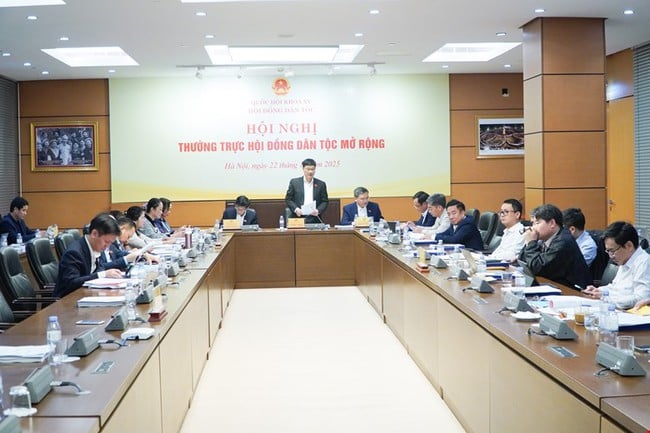
Vice Chairman of the National Assembly Vu Hong Thanh at the meeting
Merging three National Target Programs on the principle of "clear policies, clear locations, clear beneficiaries"
Deputy Minister of Agriculture and Environment Vo Van Hung said that in the 2021-2025 period, the implementation of the three separate Programs has revealed many limitations, with a scattered coordination mechanism and slow guidance; overlapping content, locations, subjects and low integration efficiency; continuing to implement them separately in the context of shifting to a two-level local government model (province - commune) could increase coordination costs and reduce resource efficiency. Therefore, integration will help to completely overcome the situation of resource dispersion, policy overlap and create a unified framework for integrating, mobilizing and effectively allocating resources.
The Government's report affirmed that the consistent viewpoint of the merger is not to reduce policies, but to help focus more on ethnic minority and mountainous areas. Specifically: Focusing on strong investment in poor core areas (mainly ethnic minority areas) to escape poverty sustainably; focusing on building new rural areas for ethnic minority and disadvantaged areas; extending the policy implementation period for ethnic minority and mountainous areas to 2035 (instead of 2030 as in the old Program).
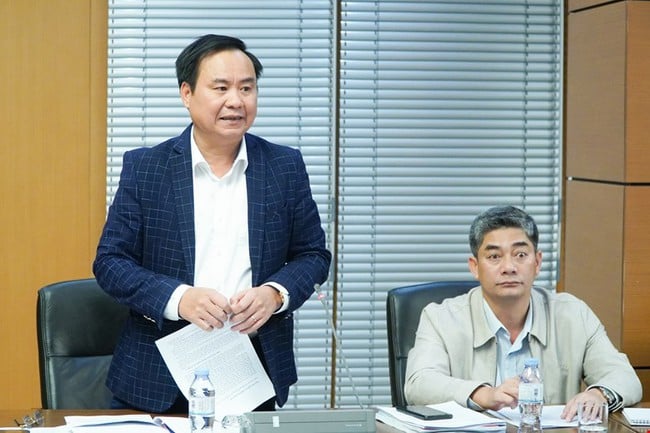
Deputy Minister of Agriculture and Environment Vo Van Hung presented the Report
The integration principle emphasizes ensuring clear policies, clear areas, clear beneficiaries, coupled with thorough decentralization and delegation of power to local authorities in the spirit of "locality decides, locality acts, locality is responsible".
The general objective of the Unified Program is to build a modern and substantial new rural area; reduce multidimensional, inclusive and sustainable poverty and comprehensively develop ethnic minority and mountainous areas to narrow the development gap between regions. In particular, the Program sets out specific goals by 2035:
- Average income per capita in rural areas increases at least 1.6 times compared to 2030; average income of ethnic minorities is 2/3 of the national average.
- The national multidimensional poverty rate maintains a reduction of 1 to 1.5%/year according to the poverty standard for the period 2031-2035.
- Strive to reduce at least 50% of the number of disadvantaged communes, villages, and hamlets in ethnic minority and mountainous areas; 4-5 provinces and cities in ethnic minority and mountainous areas no longer have disadvantaged communes, villages, and hamlets.
- Strive to have about 85% of communes meeting the new rural standards, about 30% of communes meeting the new rural standards recognized as modern new rural communes according to the central framework and specific criteria issued by the provincial People's Committees; nationwide about 10-12 provinces and cities are recognized as having completed the task of building new rural areas; 4-5 provinces and cities have achieved modern new rural areas.
This program is designed with two components, including 15 content groups, of which 10 common content groups are implemented nationwide with issues such as: perfecting planning; developing comprehensive and synchronous rural economic and social infrastructure; developing rural economy in an ecological, modern, multi-value integrated direction; training human resources, supporting job creation; developing culture, education, health, promoting gender equality; developing science, technology and digital transformation. In addition, there are 5 specific content groups for ethnic minority and mountainous areas such as: investing in construction, perfecting specific infrastructure; supporting production development, creating livelihoods and increasing income; developing human resources; supporting and developing ethnic groups that are still facing many difficulties, with specific difficulties.
The Ministry of Agriculture and Environment recommends that the Government consider and submit to the National Assembly for approval the investment policy of the Program at the 10th Session of the 15th National Assembly.
Many requirements and challenges arise when merging three National Target Programs.
After a preliminary review of the Government's Proposal, the Standing Committee of the Ethnic Council basically agreed with the Government's policy of merging the 3 National Target Programs (NTPs). This is a suitable solution to overcome the situation of policy fragmentation, many management agencies and many guidance documents in the same locality. This contributes to overcoming the shortcomings and limitations in implementing the Programs for the 2021-2025 period. However, the Standing Committee of the Ethnic Council found that the merging of 3 NTPs with large scale, wide beneficiaries and different operating mechanisms poses many great requirements and challenges. The Standing Committee of the Ethnic Council requested the Government, ministries and branches to conduct a comprehensive, scientific and objective review of the objectives, contents, decentralization mechanism, management model, resource allocation as well as the integration coordination with other NTPs.

Vice Chairman of the Council of Nationalities Quang Van Huong presented the Preliminary Examination report.
Regarding the Program's Objectives, the Standing Committee of the Ethnic Council proposed to review and propose adjustments to the objectives up to 2030 to suit the new context of the 2026-2030 period. Review and supplement the targets and groups of targets that have not been achieved in the previous period of each Program (in particular, the National Target Program for Socio-Economic Development in Ethnic Minority and Mountainous Areas has 03 groups of targets that have not been achieved), avoiding overlap with the particularly difficult communes in the Ethnic Minority and Mountainous Areas when merging the 03 Programs.
Participating in the meeting, the majority of delegates supported the merger of the three National Target Programs because monitoring practices showed many difficulties and shortcomings, especially duplication in terms of objects, objectives and content. Merger is necessary to overcome the situation of resource dispersion, policy overlap, and create a unified framework. However, delegates pointed out that short-term mergers are mechanical in nature, easily leading to overlap and have not been fully reviewed, and need to be strongly decentralized to localities for flexible handling.
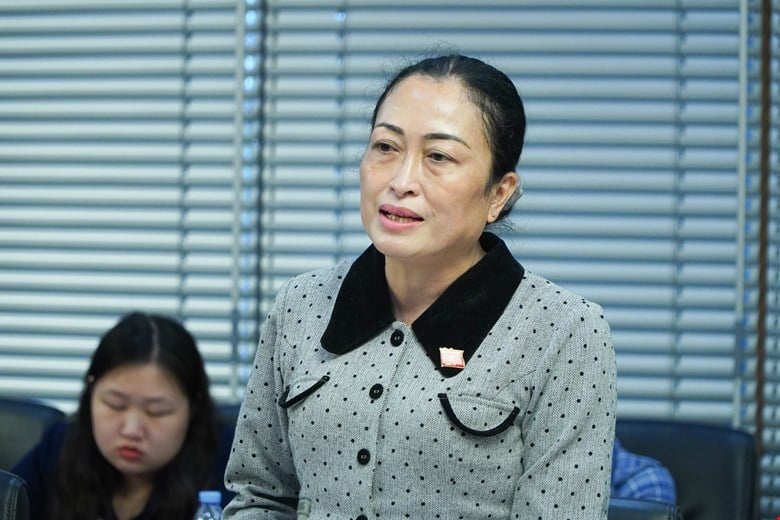

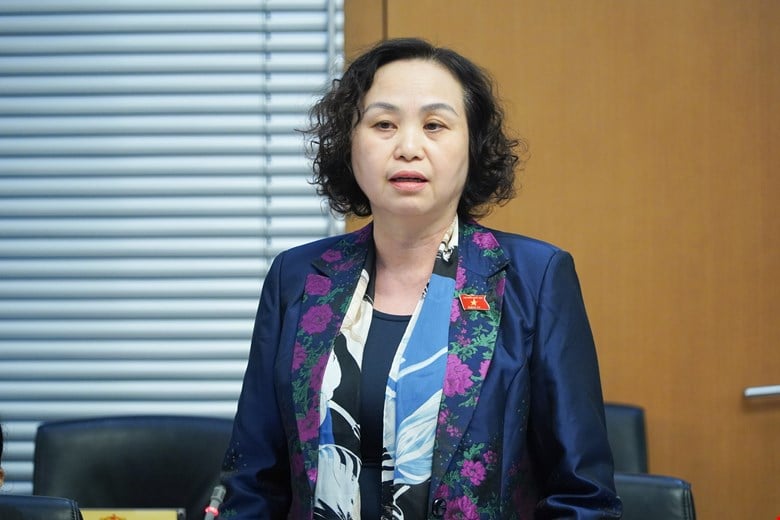
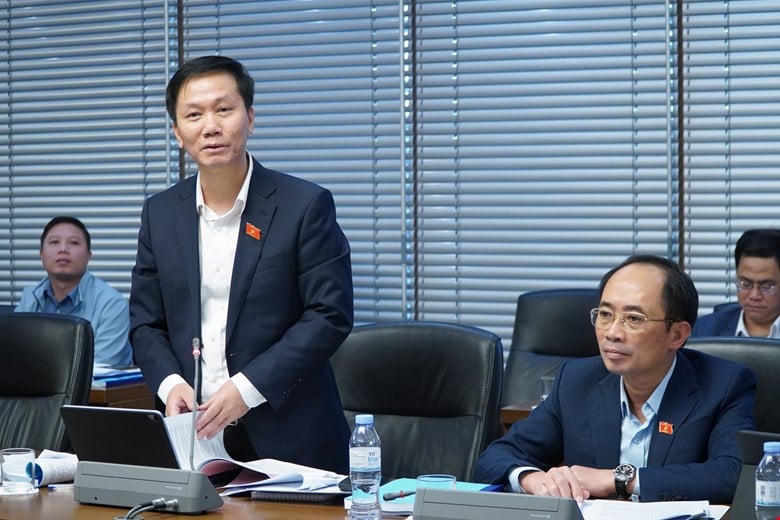
Delegates speaking at the meeting.
In principle, the program implementation needs to inherit the results of the previous 3 Programs, while eliminating duplicated and unfeasible contents, projects and sub-projects. It is necessary to correctly identify beneficiaries, prioritize disadvantaged areas and ethnic minority areas to create livelihoods for people. If integrating the 3 Programs, there needs to be a specific set of criteria, stratification for convenient coordination, decentralization to local initiative and decentralization according to the policy framework to ensure accuracy and closeness to reality.
Regarding the proposed goals and targets, delegates requested clarification of the basis for setting specific goals, especially in the context of merging administrative units and not adjusting some targets related to new rural areas of Resolution 19-NQ/TW. At the same time, it is necessary to clarify the continuity between specific target groups in 2030 and 2035. In addition, some opinions are concerned that setting goals and targets while not yet determining key standards (poverty standards 2026-2030, new rural standards 2026-2030, especially disadvantaged villages/communes 2026-2030) will cause difficulties for implementation.
Decentralization is associated with delegation of authority and resources to ensure localities implement the National Target Program.
Speaking at the meeting, Vice Chairman of the National Assembly Vu Hong Thanh requested the Ministry of Agriculture and Environment and the Ministry of Ethnic Minorities and Religions to closely coordinate to absorb the opinions of delegates, resolve the existing difficulties of the 3 previous Programs and create a "push" to promote the implementation of the Integrated Program, the goal of which is to develop the economy and society quickly and sustainably in the coming time. The Vice Chairman of the National Assembly noted that integrating the 3 Programs is a very big task, and suggested reviewing and building a "target axis", on the basis of inheriting to replicate the effectiveness of previous programs. At the same time, there should be an appropriate transition step, without interrupting or affecting the beneficiaries and in line with the orientation of economic and social development.
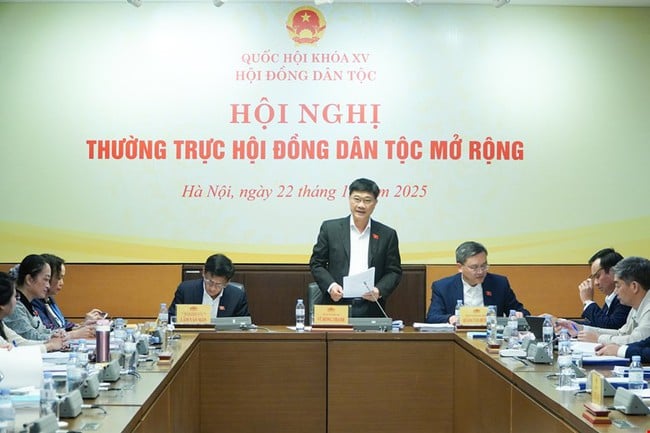
Vice Chairman of the National Assembly Vu Hong Thanh gave a directive speech.
Vice Chairman of the National Assembly Vu Hong Thanh noted that coordination between ministries and branches needs to be close and unified, creating smoothness between programs, especially decentralization associated with delegation of authority and allocation of resources to localities. Learning from previous programs, it is necessary to design a truly smooth operating mechanism and hierarchy system, and to specifically define the tasks of the presiding and coordinating agencies and the level of decentralization to localities, especially at the commune/ward level. The Vice Chairman of the National Assembly emphasized that decentralization must be associated with delegation of authority and allocation of resources, thoroughly decentralizing to localities to decide on specific projects, policies and detailed resource allocation, while the Central Government decides on the framework, principles, goals and major orientations. Simplify procedures (approval, capital allocation, appraisal, acceptance, settlement) to shorten the time, overcome the situation of slow allocation and disbursement.
Vice Chairman of the National Assembly Vu Hong Thanh proposed urgent technical handling to transfer the slow-disbursement capital of the previous period to 2026. Because the beneficiaries are very wide, it is necessary to prioritize allocating resources to ethnic minority areas, mountainous areas, and core poor areas; rebalance capital sources, and at the same time have policies and mechanisms to mobilize socialized capital and PPP (because local counterpart capital and the ability to mobilize from people and businesses in poor areas are still limited).
Regarding the goals, targets and contents of the Unified Program, the Vice Chairman of the National Assembly suggested reviewing to ensure scientific, feasible, measurable and roadmap (targets for ethnic minority farming households doing commodity economy). At the same time, it is necessary to pay attention to core goals such as income, essential infrastructure, settlement of residential land, production land, housing, domestic water, digital transformation, education and health. Continue to streamline and unify content, avoid overlap and duplication and clearly define coordination responsibilities between ministries. The Vice Chairman of the National Assembly noted that regular tasks of ministries and branches (public administration, law, gender equality, human resource training) should not be included in the National Target Program; specific components must be new and specific (avoid copying). In addition, the design of content and criteria (especially new rural areas/modern new rural areas) must be based on the principle of zoning, suitable to regional characteristics (not applying common criteria for the whole country). In particular, pay attention to improving livelihoods and creating jobs through restructuring crops and livestock (increasing economic efficiency and increasing income).
The Vice Chairman of the National Assembly requested the Ministry of Agriculture and Environment, the Ministry of Ethnic Minorities and Religions, and relevant ministries and branches to urgently study, absorb opinions, complete the Submission, draft Resolution and documents to submit to the National Assembly Standing Committee.
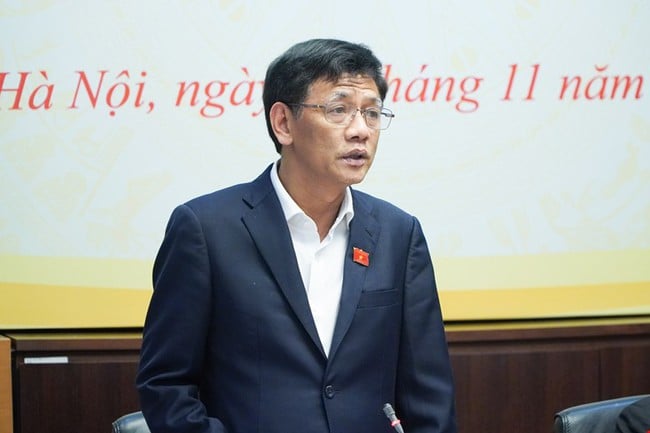
Chairman of the Council of Nationalities Lam Van Man speaks
Concluding the session, Chairman of the National Assembly's Council of Ethnic Minorities Lam Van Man emphasized that the delegates basically agreed on the viewpoints, investment principles and some related contents. The Chairman of the National Assembly emphasized that a common Steering Committee from the Central to the local level was agreed to reduce overlaps and duplications. Accordingly, the Central Government will manage the whole, issue mechanisms, policies, guidelines, inspect and urge implementation. Decentralization and decentralization go hand in hand with resource allocation to local authorities in the spirit of "locality decides, locality does, locality is responsible". The National Assembly will consider and decide in the direction of prescribing principles and framework criteria, while the Government will specify and proactively adjust resources and issue specific mechanisms.
The Chairman of the Ethnic Council requested ministries and branches to preside over and absorb as much as possible the opinions of delegates to review the contents and activities between the components to ensure there is no duplication or overlap; research and propose scientific and well-founded targets and objectives. At the same time, advise the Government to soon issue criteria and surveys on poverty reduction and new rural areas; conduct demarcation of ethnic minority and mountainous areas, reassess the current socio-economic development status to have a basis to propose appropriate targets, objectives and contents.
Source: https://bvhttdl.gov.vn/tap-trung-dau-tu-manh-vao-vung-loi-ngheo-de-thoat-ngheo-ben-vung-20251123092138725.htm








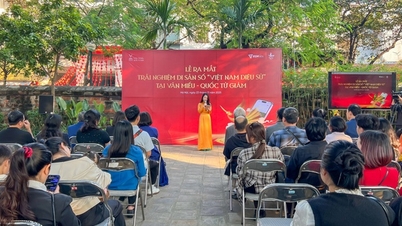




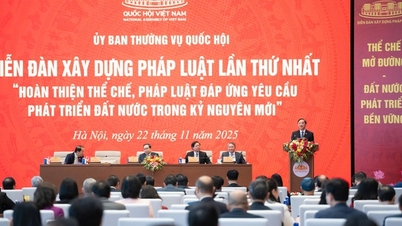





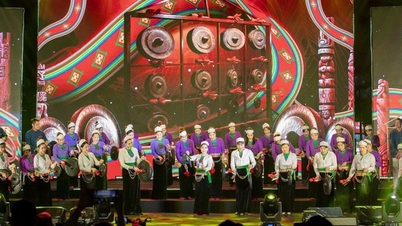


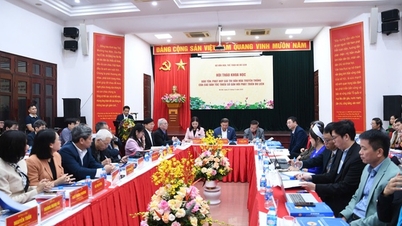

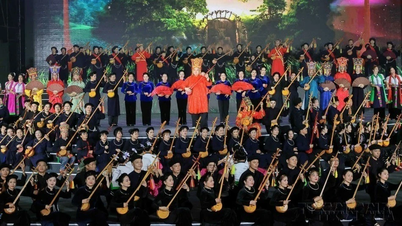





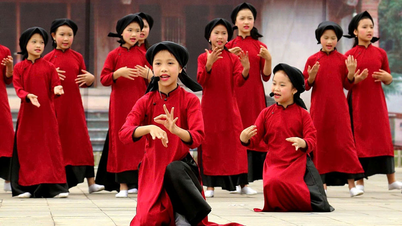




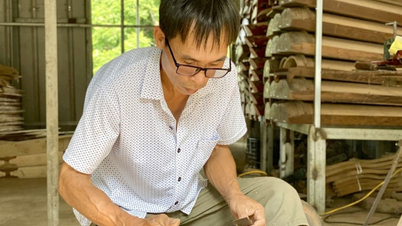







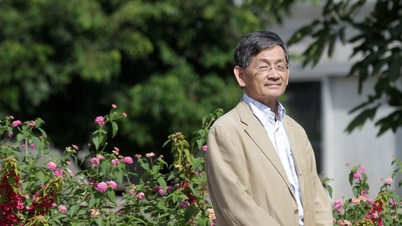


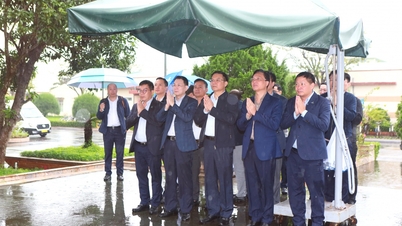
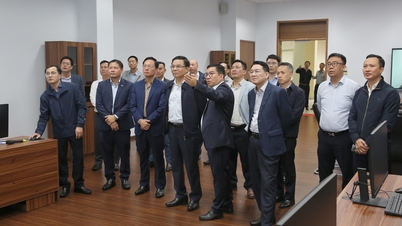










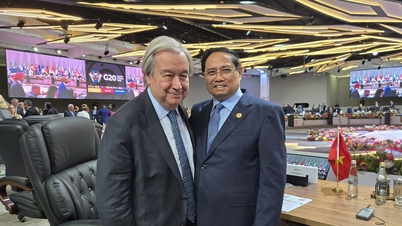

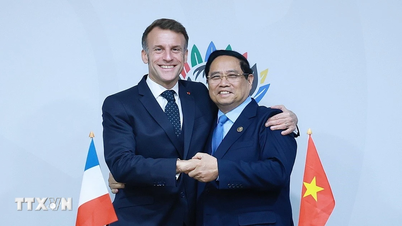



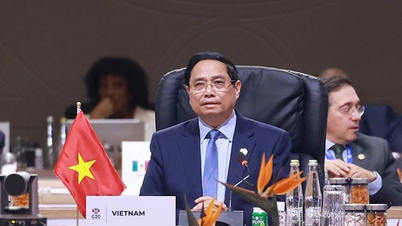





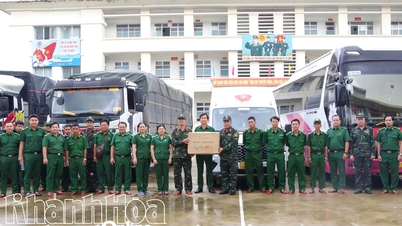


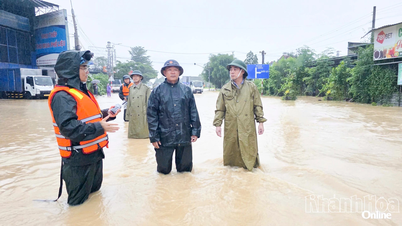















Comment (0)